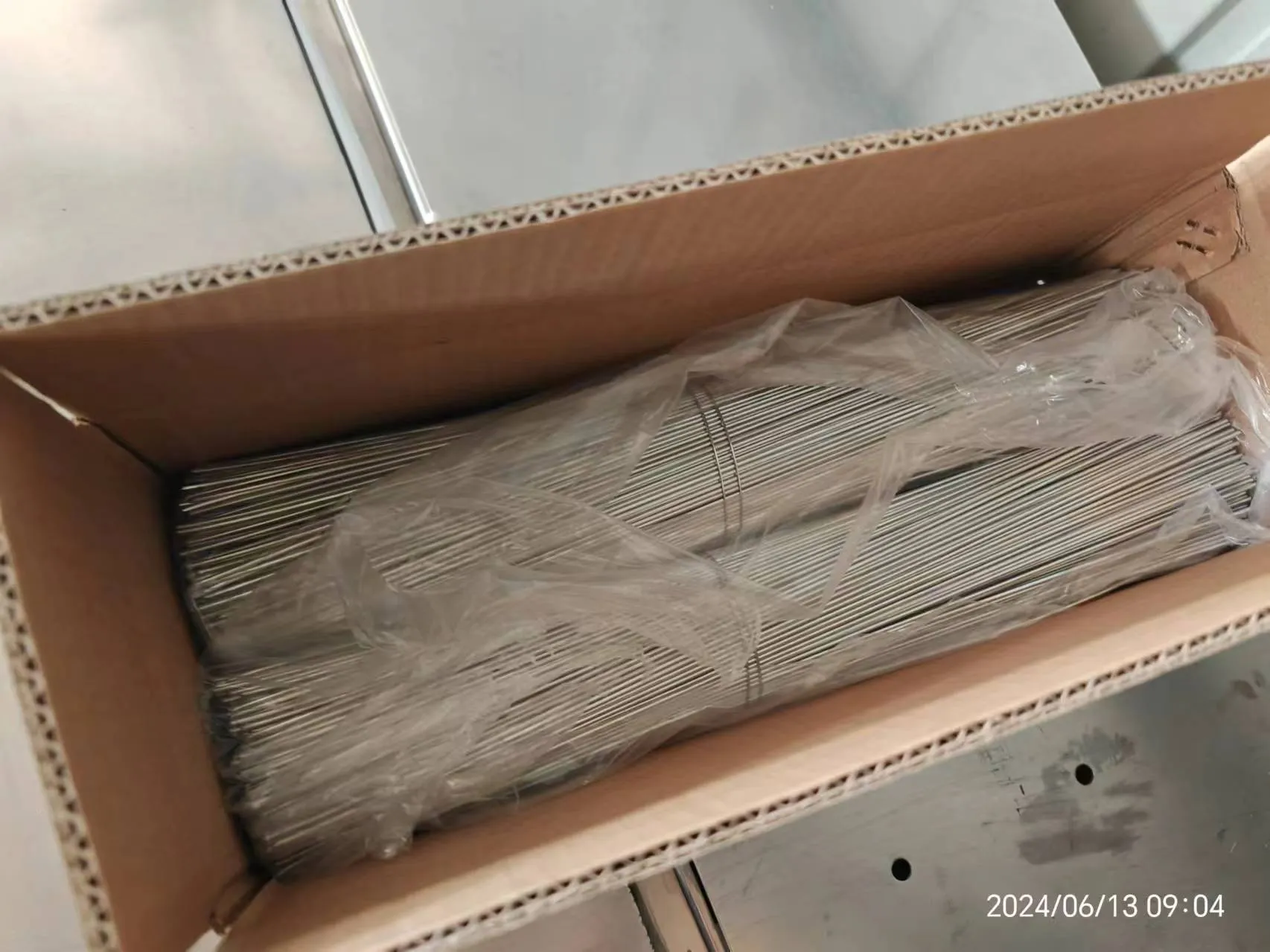

Another standout category is the self-tapping drywall screw, specifically engineered to tap its own hole as it is driven into metal or other durable substrates. This screw type is ideal for applications involving thicker gauge metals where pre-drilling might otherwise be necessary. Their design reduces the time needed for installation and minimizes the risk of damaging the materials being fastened. Additionally, galvanized drywall screws are notable for their resistance to rust and corrosion, making them suitable for damp or exterior environments. These screws undergo a galvanization process that coats them in zinc, extending their lifespan significantly in moisture-heavy conditions. Using these screws in bathrooms, kitchens, or any other space prone to humidity will prevent unsightly rust stains that could compromise the quality and appearance of the drywall. Finally, there are invested advancements in drywall screws that cater to specific needs, such as collated screws. These come attached in strips or coils designed for use with automatic screw guns, increasing installation speed and efficiency on larger projects. Their automatic feeding mechanism reduces the need for manual screw handling and position adjustment, proving essential in large-scale commercial builds. When selecting drywall screws, it is crucial to consider not only the type and material of the studs being used but also the environment in which they will reside and the specific demands of the project. Opting for the correct drywall screw type ensures both the structural integrity and aesthetic quality of the installation. Whether working on a simple residential remodel or a complex commercial build, understanding the nuances of drywall screw types will ensure a flawless finish and long-lasting results.

















